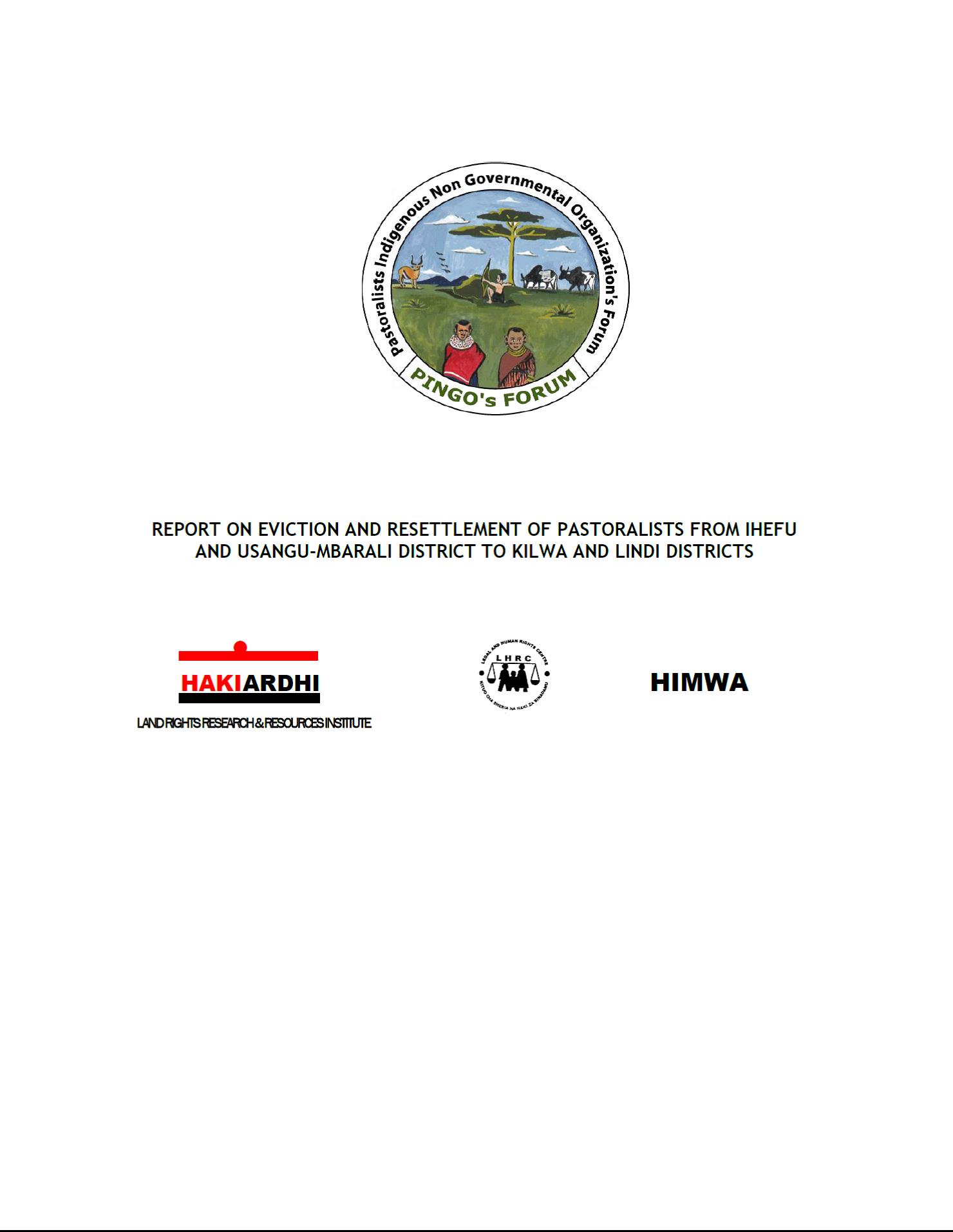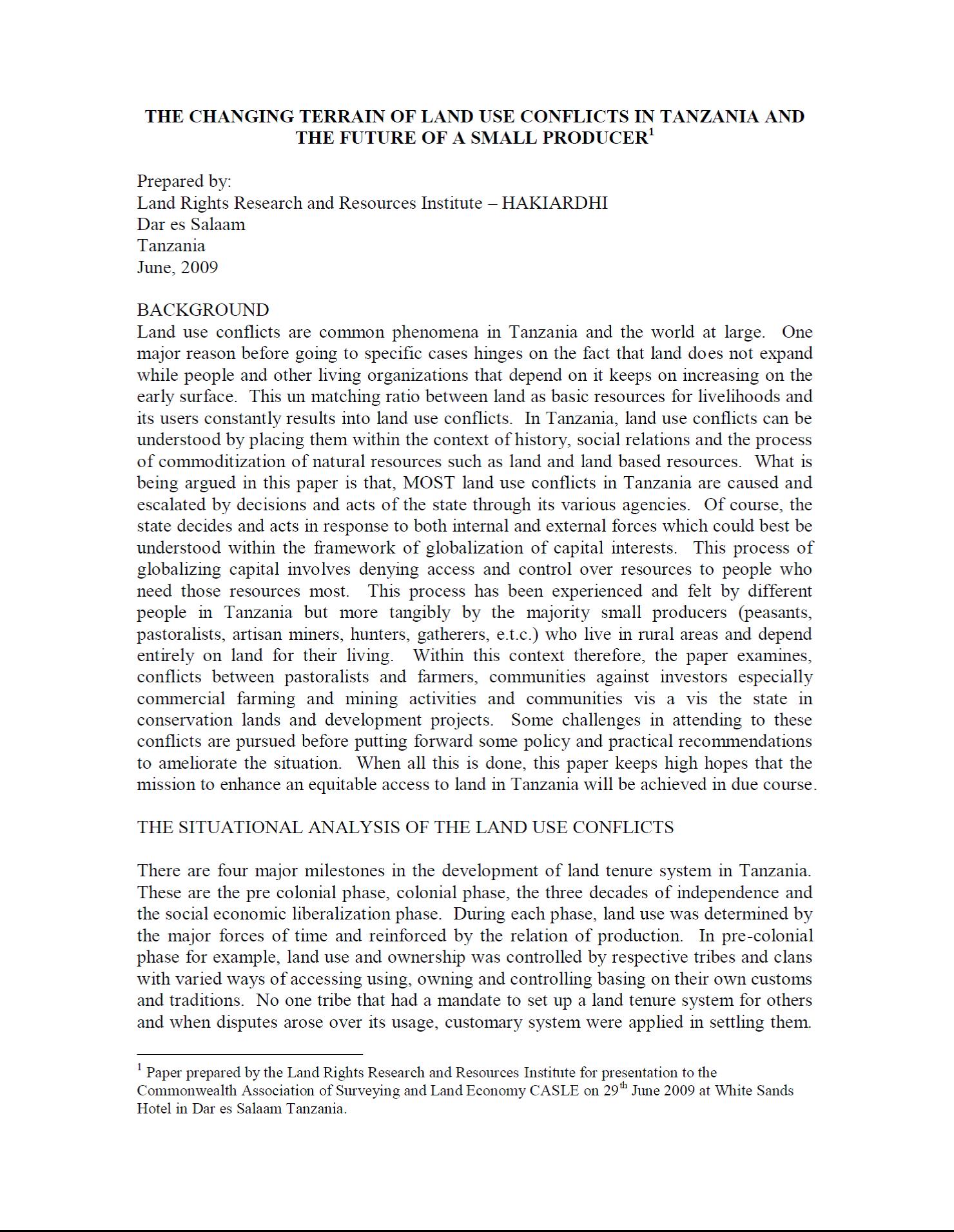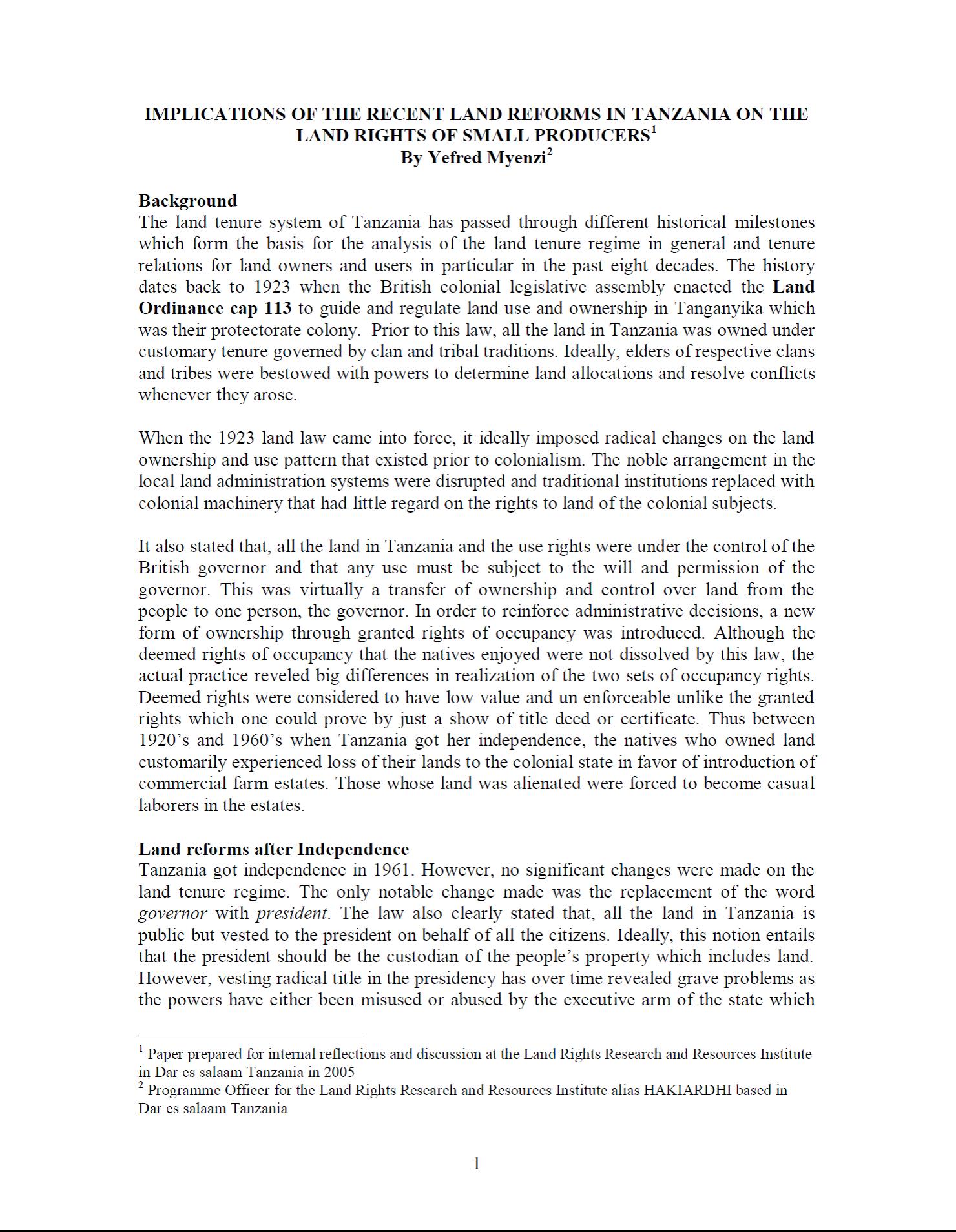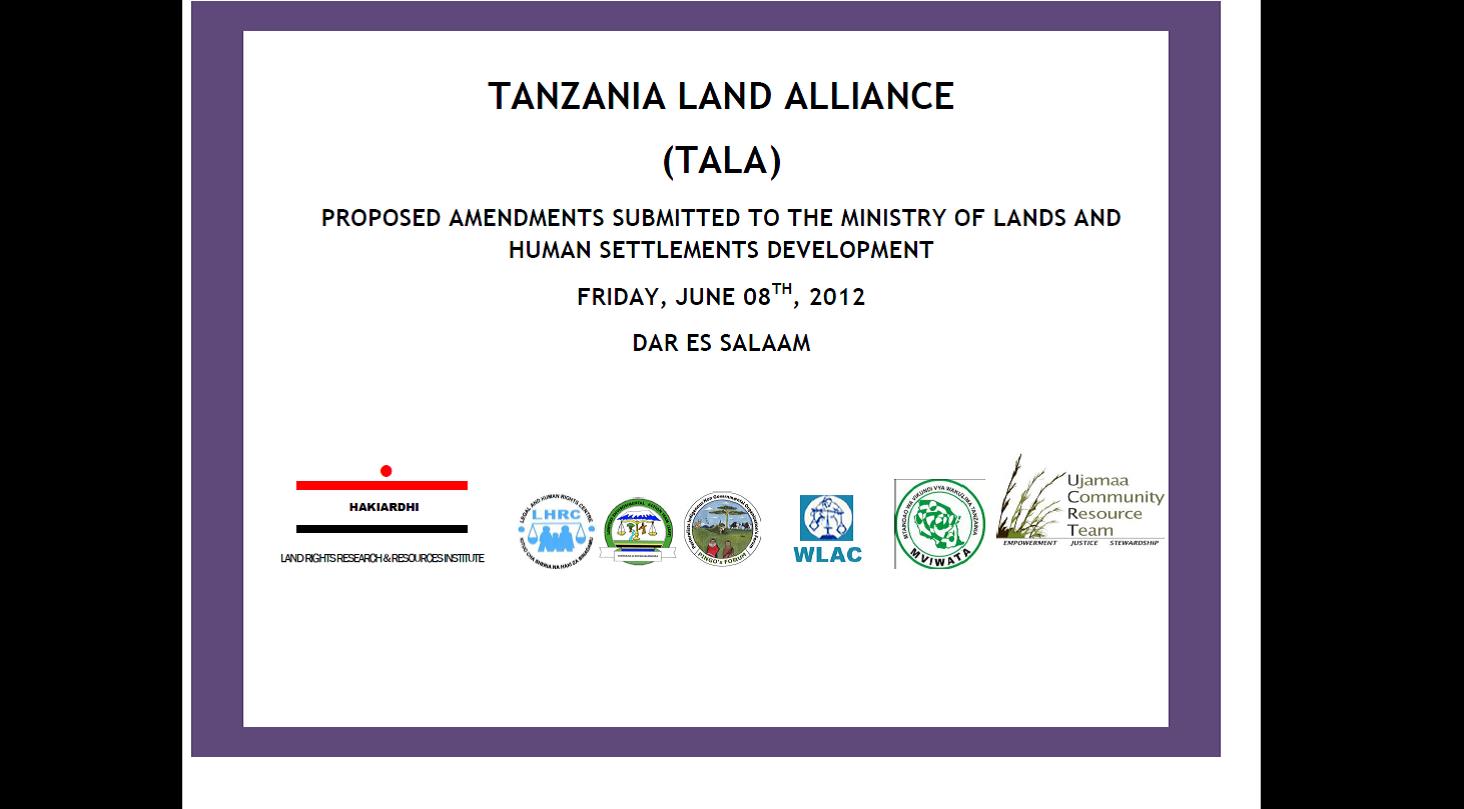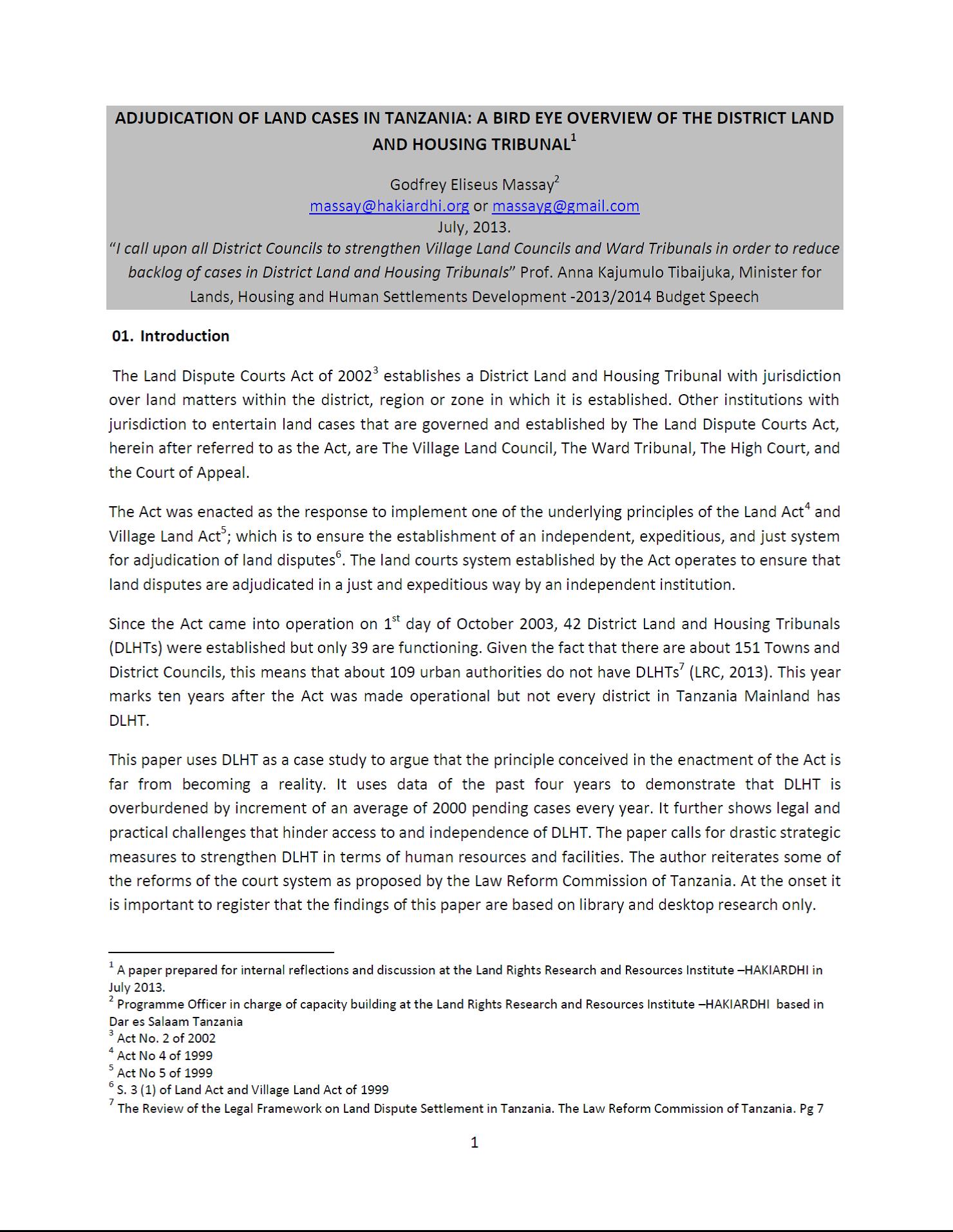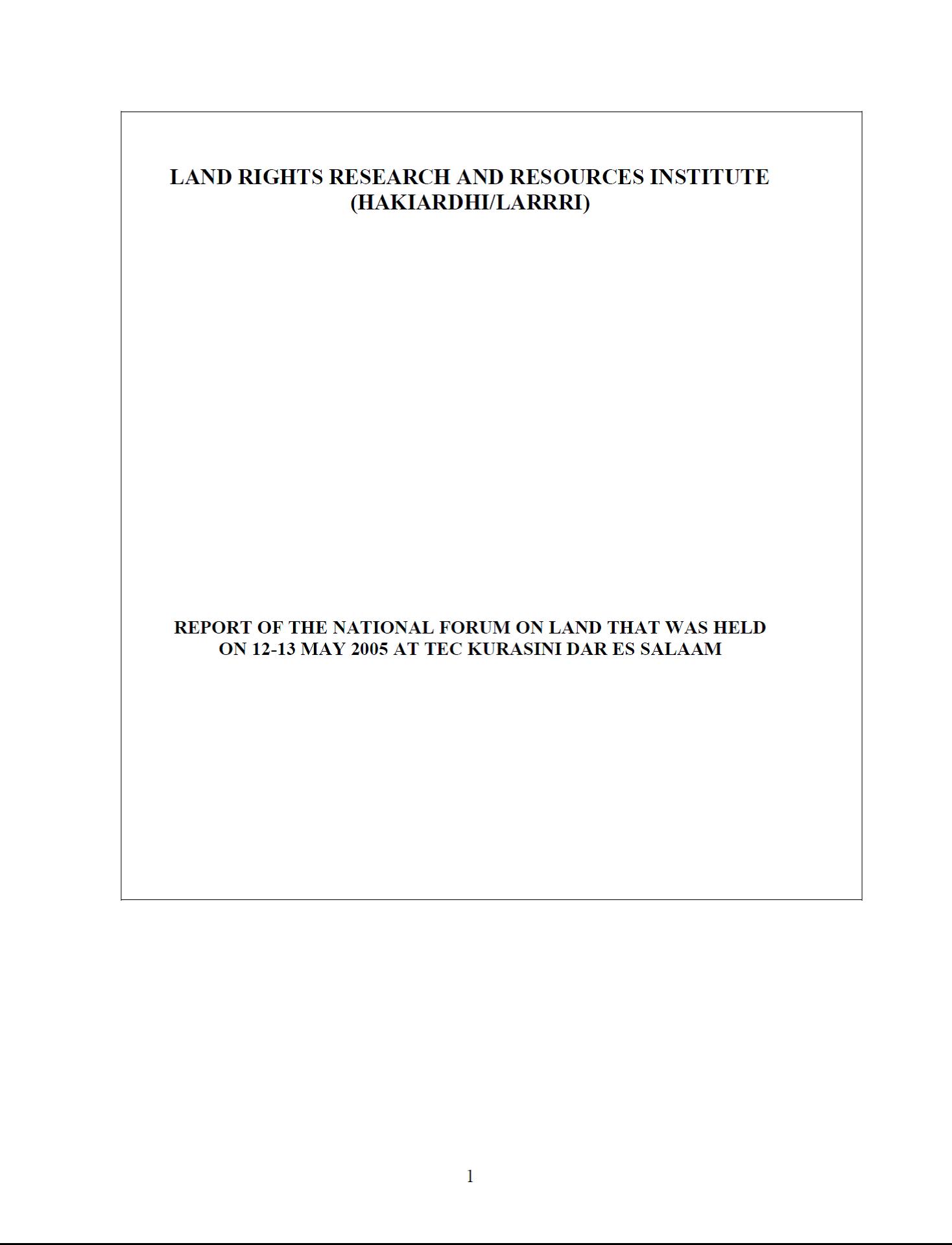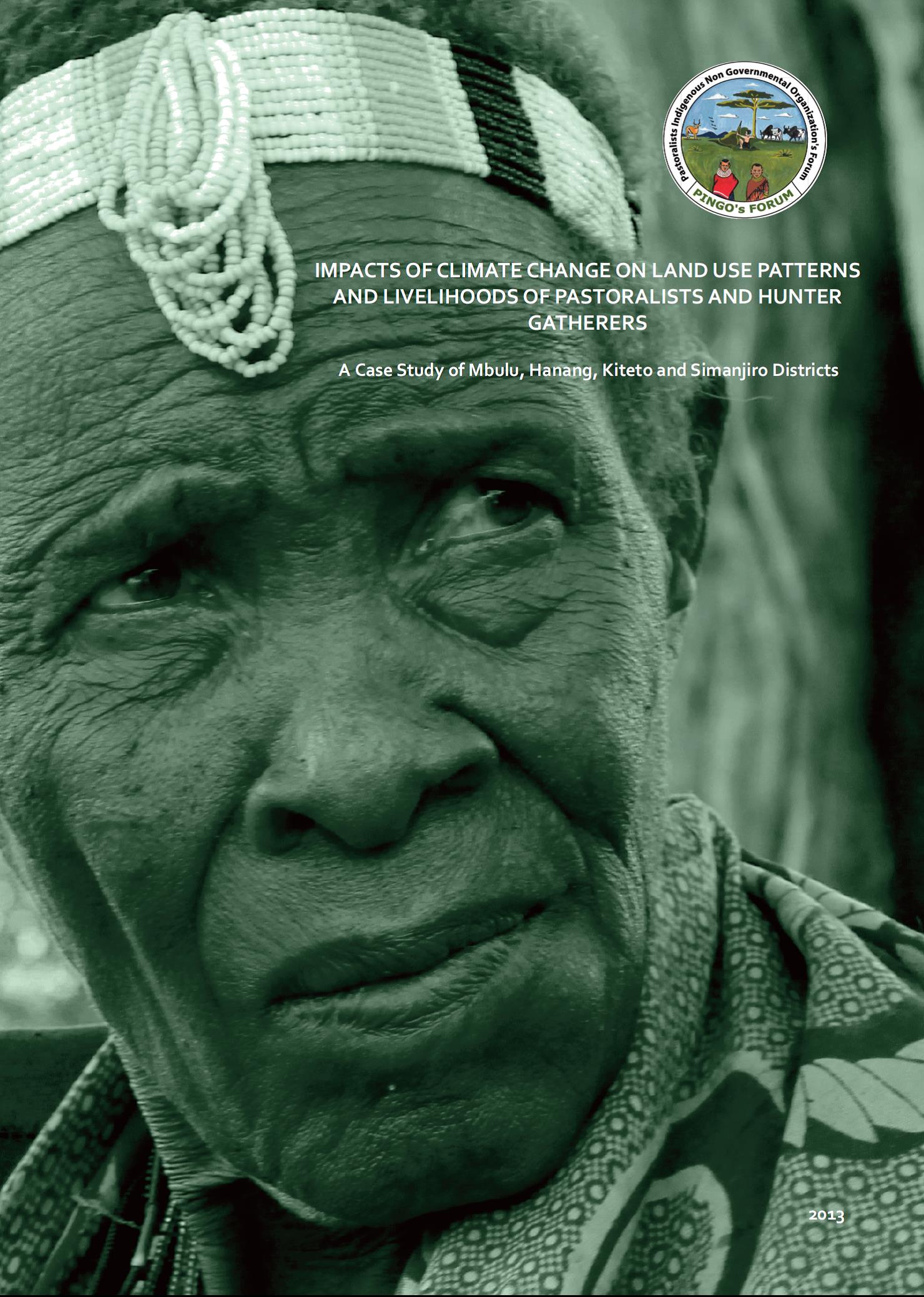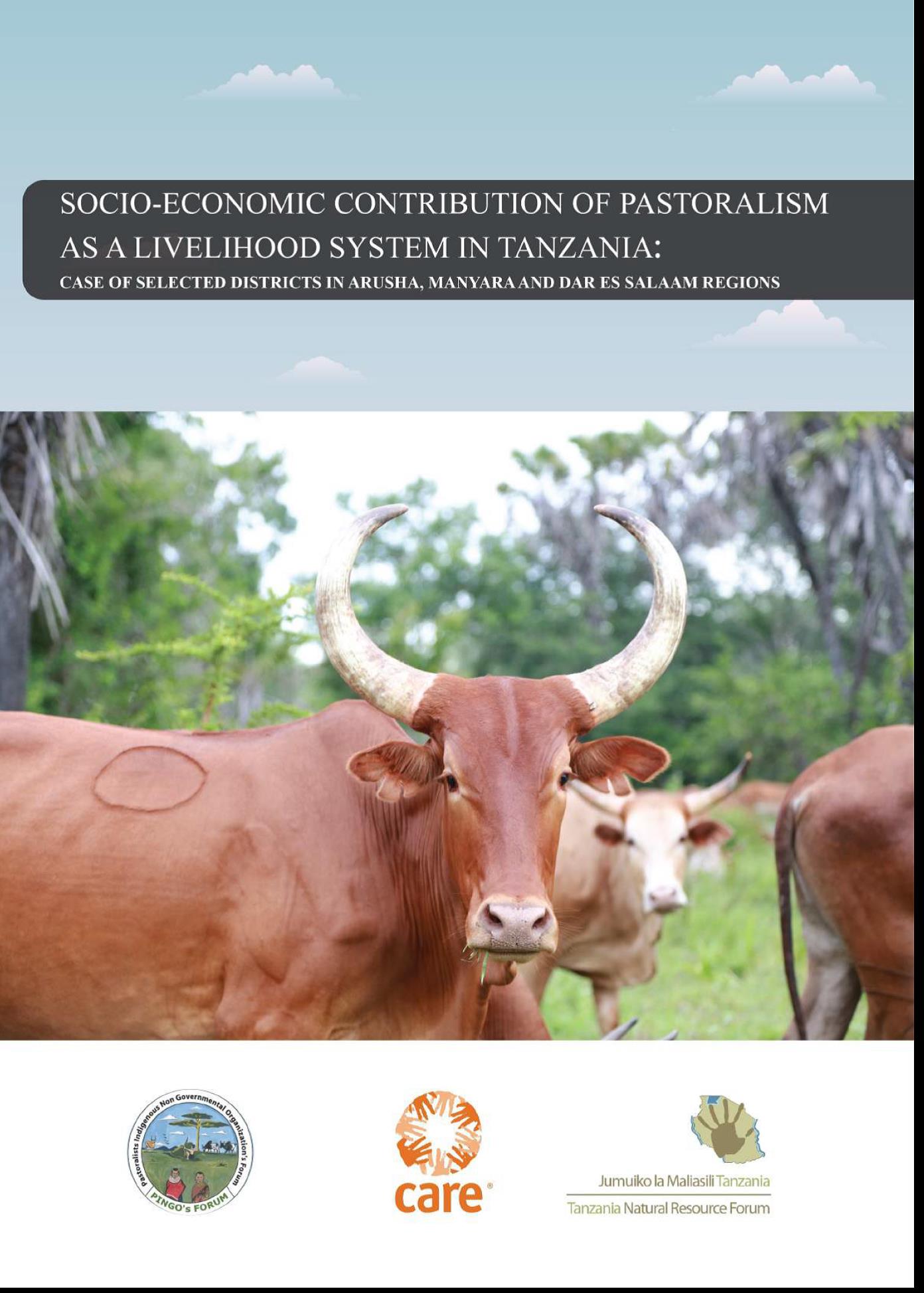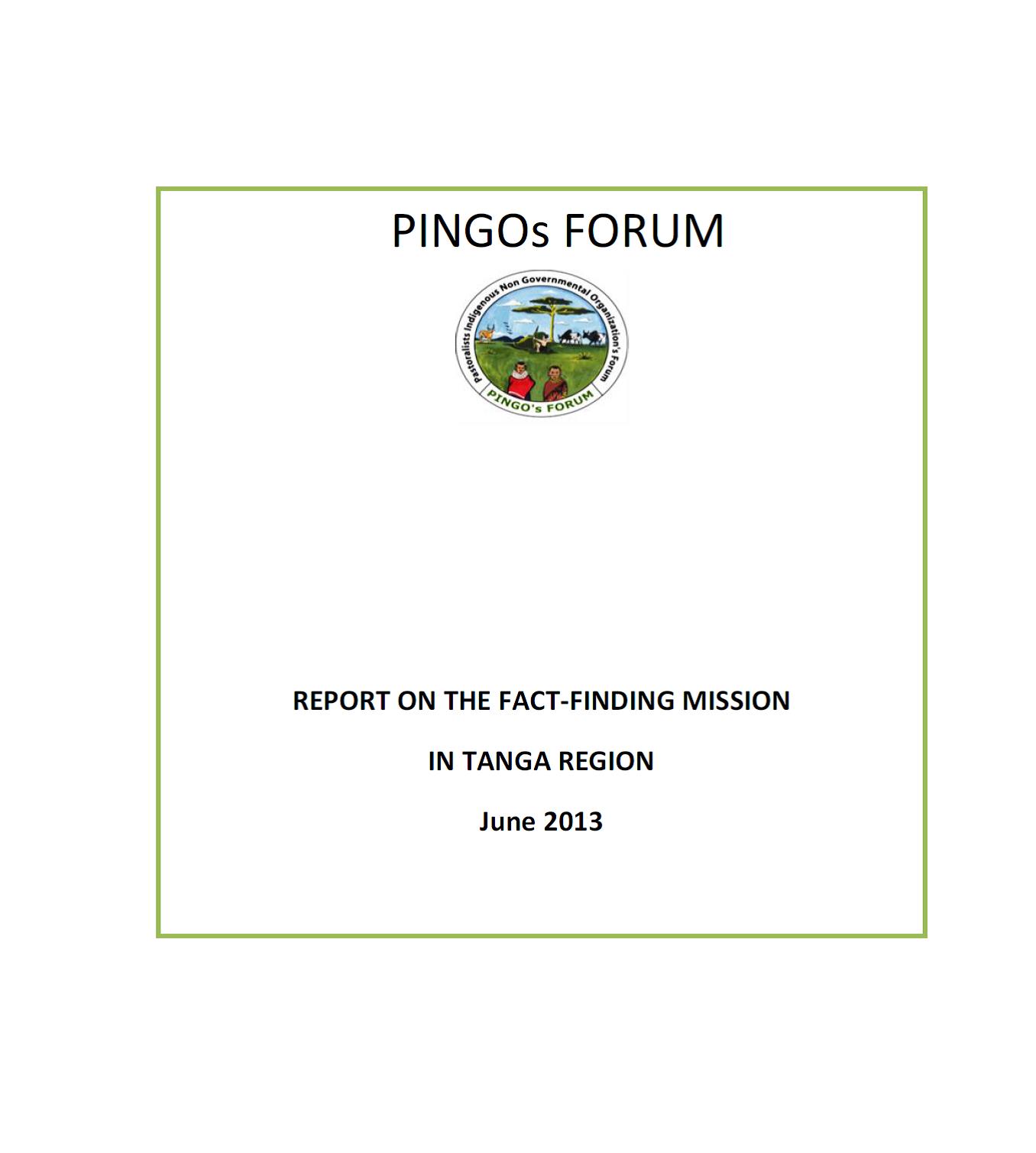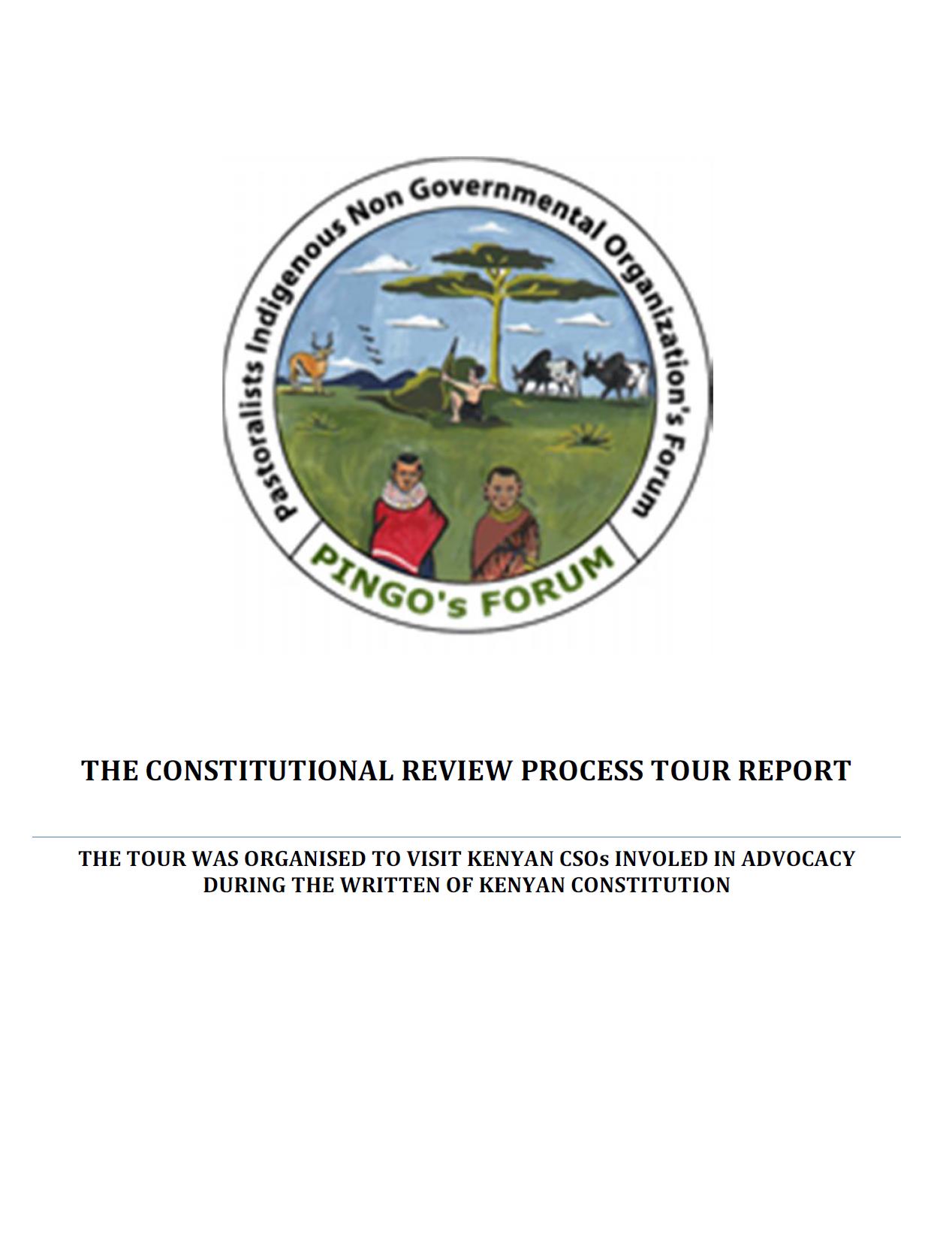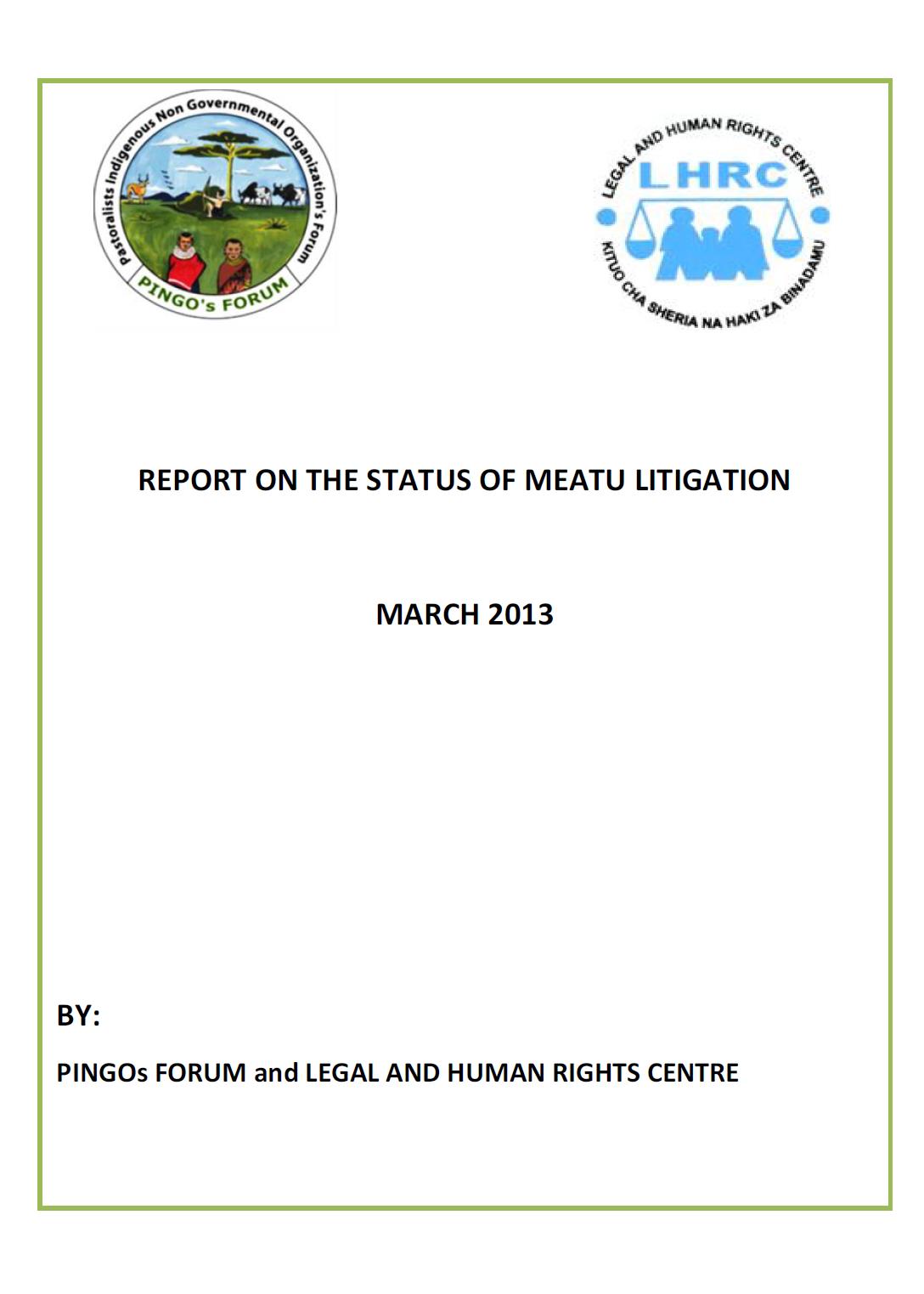Report on Eviction and Resettlement of Pastoralists from Ihefu and Usangu-Mbarali District to Kilwa and Lindi Districts
This study is focused on the effects of the eviction process of pastoralists from Mbarali to Lindi Rural and Kilwa Districts in Lindi Region. The study sampled six villages out 15 villages in Lindi Rural and Kilwa districts. The study employed semi-structured interviews and focus group discussions with district, village authorities, host communities and migrating pastoralists in selected villages.

